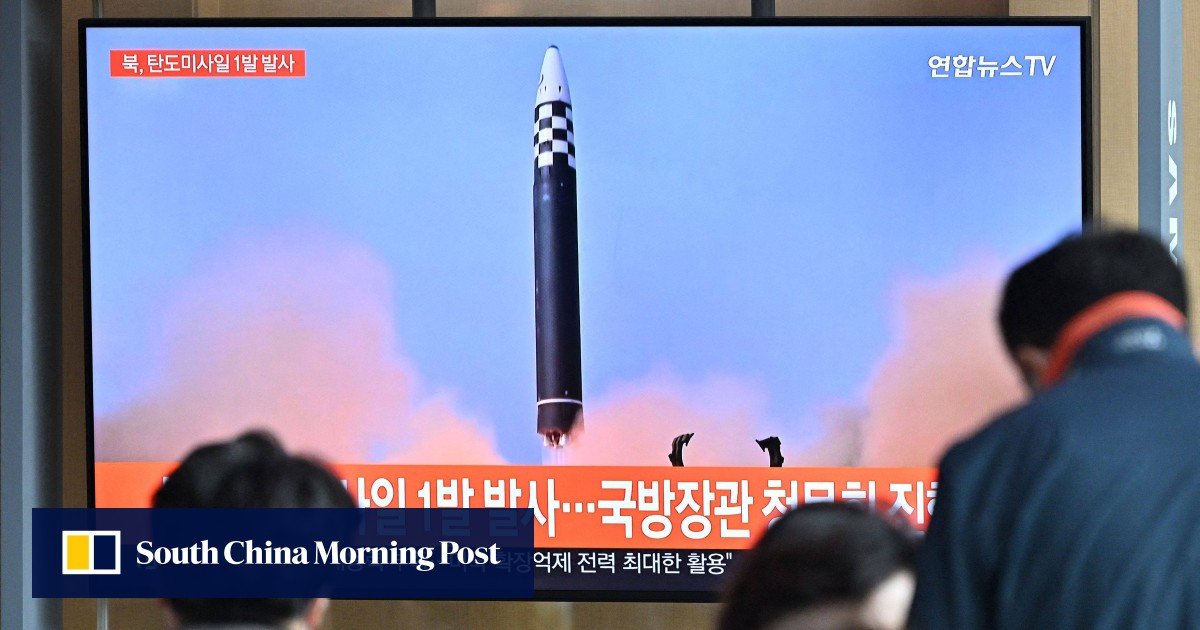India’s battle with Pegasus tells a bigger tale of tech laws • The Register
Analysis NSO Group’s Pegasus spyware-for-governments keeps returning to the headlines thanks to revelations such as its use against Spain’s prime minister and senior British officials. But there’s one nation where outrage about Pegasus has been constant for nearly a year and shows little sign of abating: India.
A quick recap: Pegasus was created by Israeli outfit NSO Group, which marketed the product as “preventing crime and terror acts” and promised it would only sell the software to governments it had vetted, and for approved purposes like taking down terrorists or targeting criminals who abuse children.
Those promises are important because Pegasus is very powerful: targets are fooled into a “zero click” install of the software, after which their smartphones are an open book.
In July 2021, Amnesty International and French journalism advocacy organisation Forbidden Stories claimed Pegasus had been used well beyond its intended purpose, and claimed to have accessed a list of over 50,000 phone numbers NSO clients had targeted for surveillance.
Many were politicans, activists, diplomats, or entrepreneurs – jobs that are just not the sort of role NSO said it would let governments target with Pegasus.
Over 300 Indian residents made that list – among them opposition politicians, activists, and officers of the Tibetan government in exile.
NSO has offered no explanation, or theory, for how its promises turned to dust.
The New York Times reported Prime Minister Narendra Modi purchased Pegasus in 2017 as part of an overall weapons deal worth roughly $2 billion, but Indian politicians have resisted admitting to its acquisition or use.
The mere implication that India’s government had turned Pegasus against political opponents was dynamite and complaints poured in from those who felt they had been targeted.
Those complaints were heeded: in…


